Several toxic metals, such as arsenic and lead, have been found in commonly used tampons available on shelves throughout the United States.
A study by the University of California, Berkeley, found that the tested feminine hygiene products have been linked to adverse health effects by users. The first study of its kind brings more attention to the detrimental effects of added toxins and chemicals to common hygiene items.
Details of the Study
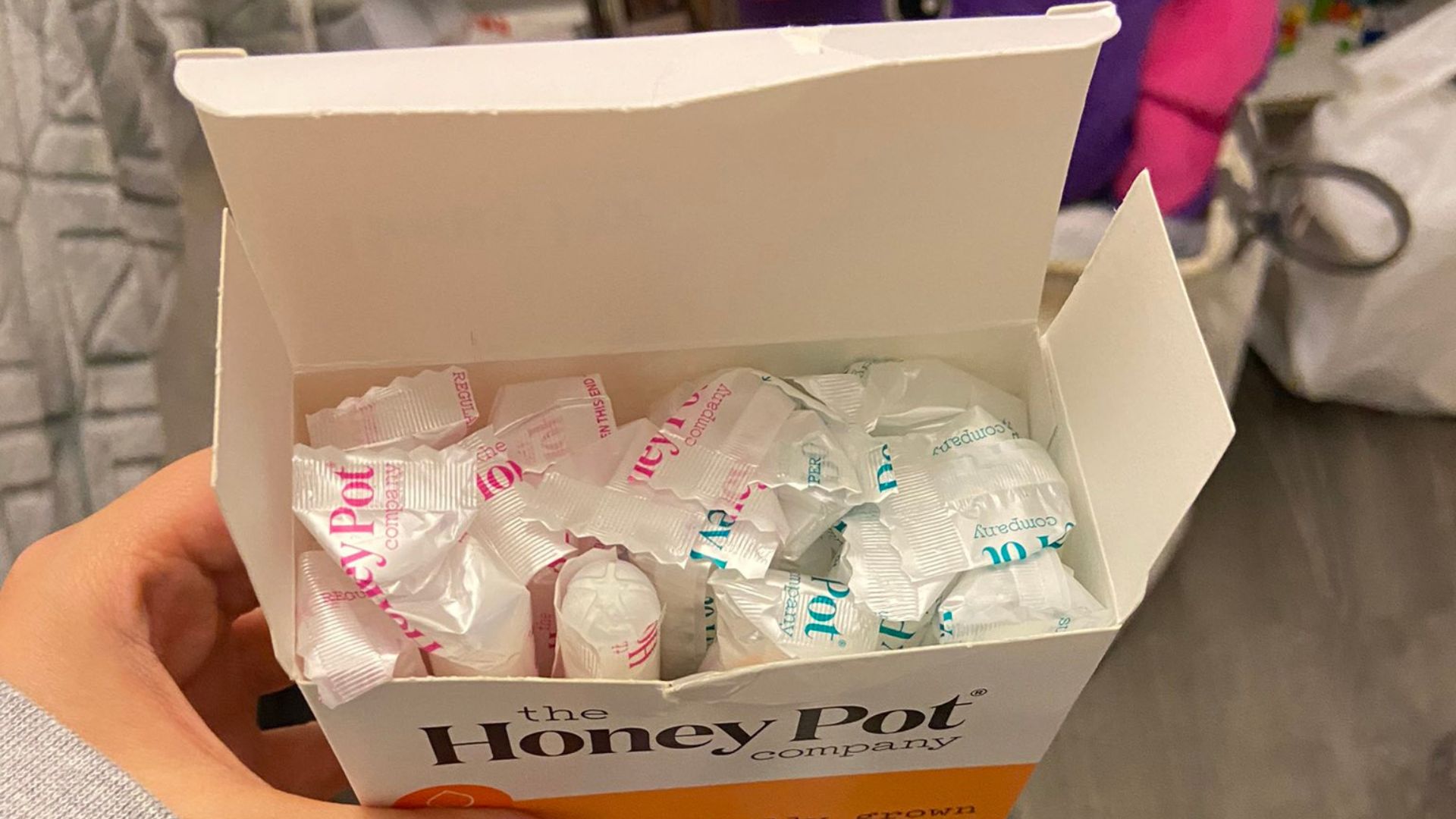
Researchers collected samples from various brands and stores from September 2022 to March 2023. They bought tampons from popular online retailers in New York City, Athens, and London.
Out of the 30 tampons that were tested, some were made from cotton, rayon, viscose, or a mix of all the materials. The samples included 14 different brands and 18 product lines. Every product that was examined contained 16 types of heavy metals the scientists were testing for.
First To Find Toxic Metals

The researchers behind the study note that this is the first endeavour of its kind; until now, there was no assumption that tampons or feminine hygiene products could test positive for these toxic substances.
“To our knowledge, our study is the first to assess concentrations of metals in tampons, despite the potential for substantial vaginal absorption of metals and the widespread and frequent use of tampons among menstruator,” said the authors.
How Many Women Use Tampons?

The group at Berkeley estimates that anywhere from 52 to 86% of American women who menstruate use tampons on a monthly basis.
They also added that there is no “safe” level of prolonged contact for heavy metals and toxins.
Dangers of Lead and Arsenic
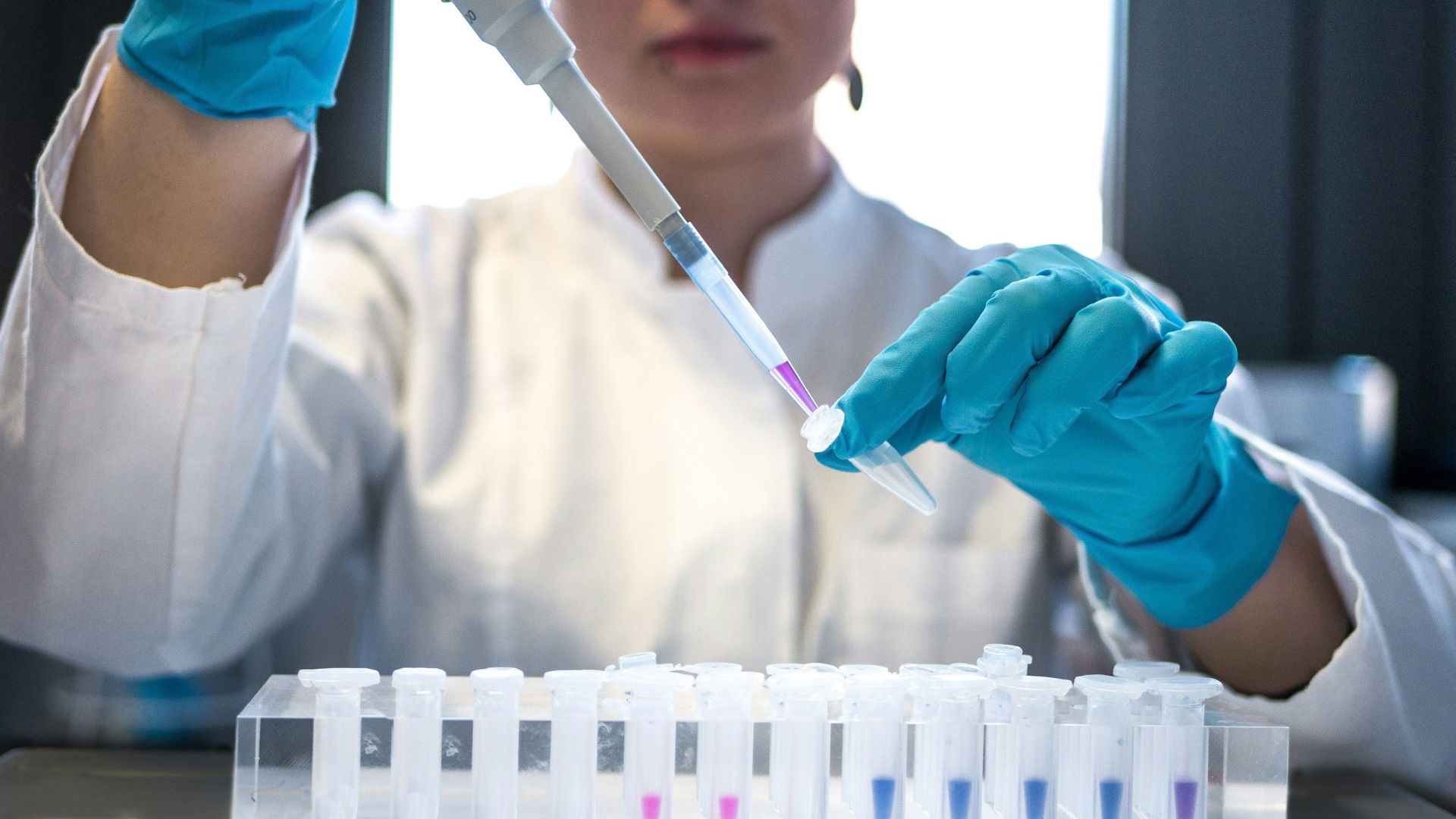
Lead, arsenic, and other heavy metals tested for are particularly dangerous when placed near or around a woman’s private area. The toxins are easily absorbed into the bloodstream, no different from putting toxic chemicals on the skin or ingesting them through food.
Chronic absorption of heavy metals has been linked to increased risks of dementia, cancer, infertility, and various other health issues.
Chemicals Found Across the Globe
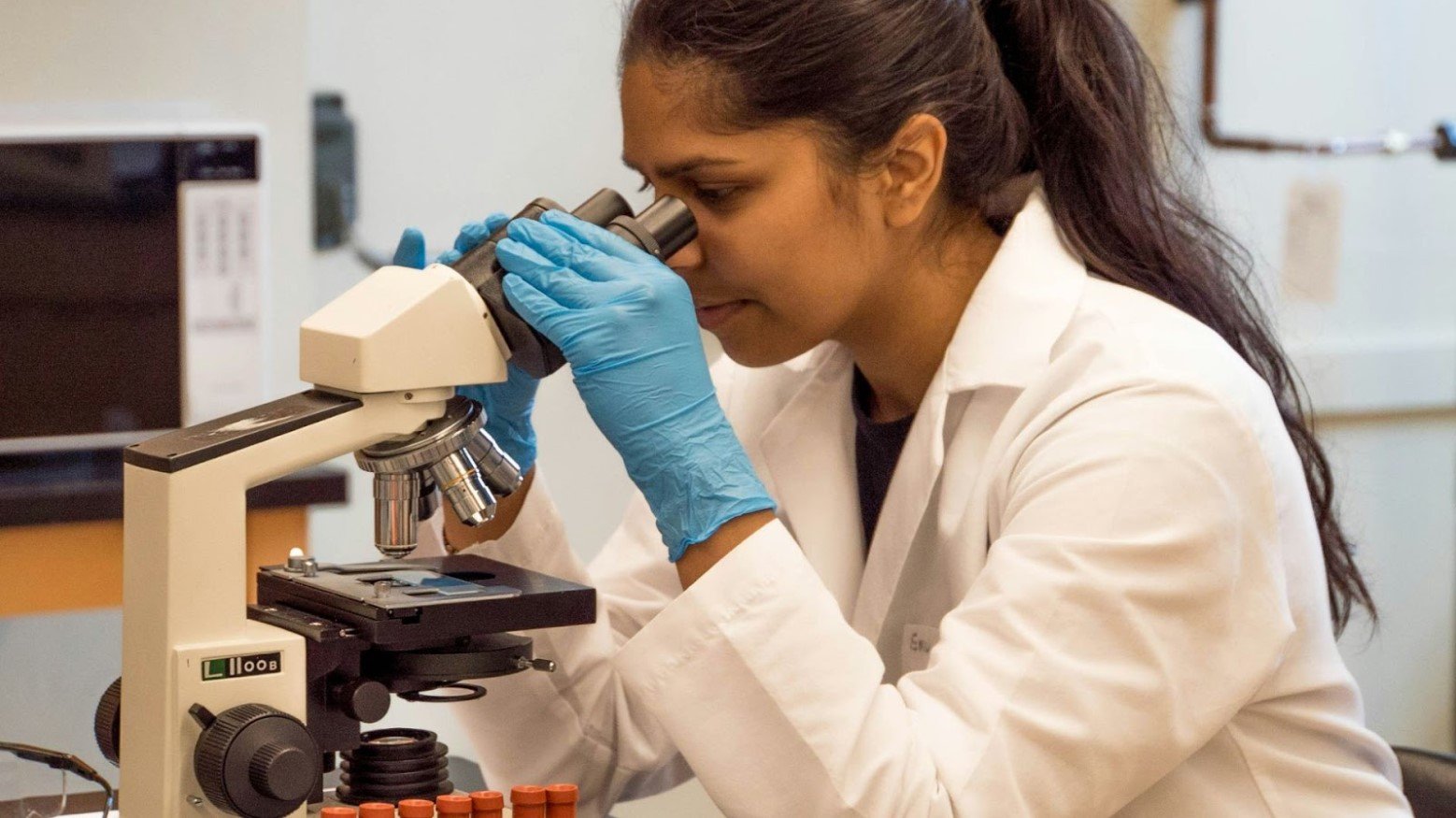
The study also noted that there was no difference in the amount of heavy metals found between organic and non-organic cotton tampons.
The samples were also purchased from across the United States, the United Kingdom, and Europe. Although each of these areas has its own testing regulations, they do not require testing for chemicals or metals.
Organic Cotton Tampons
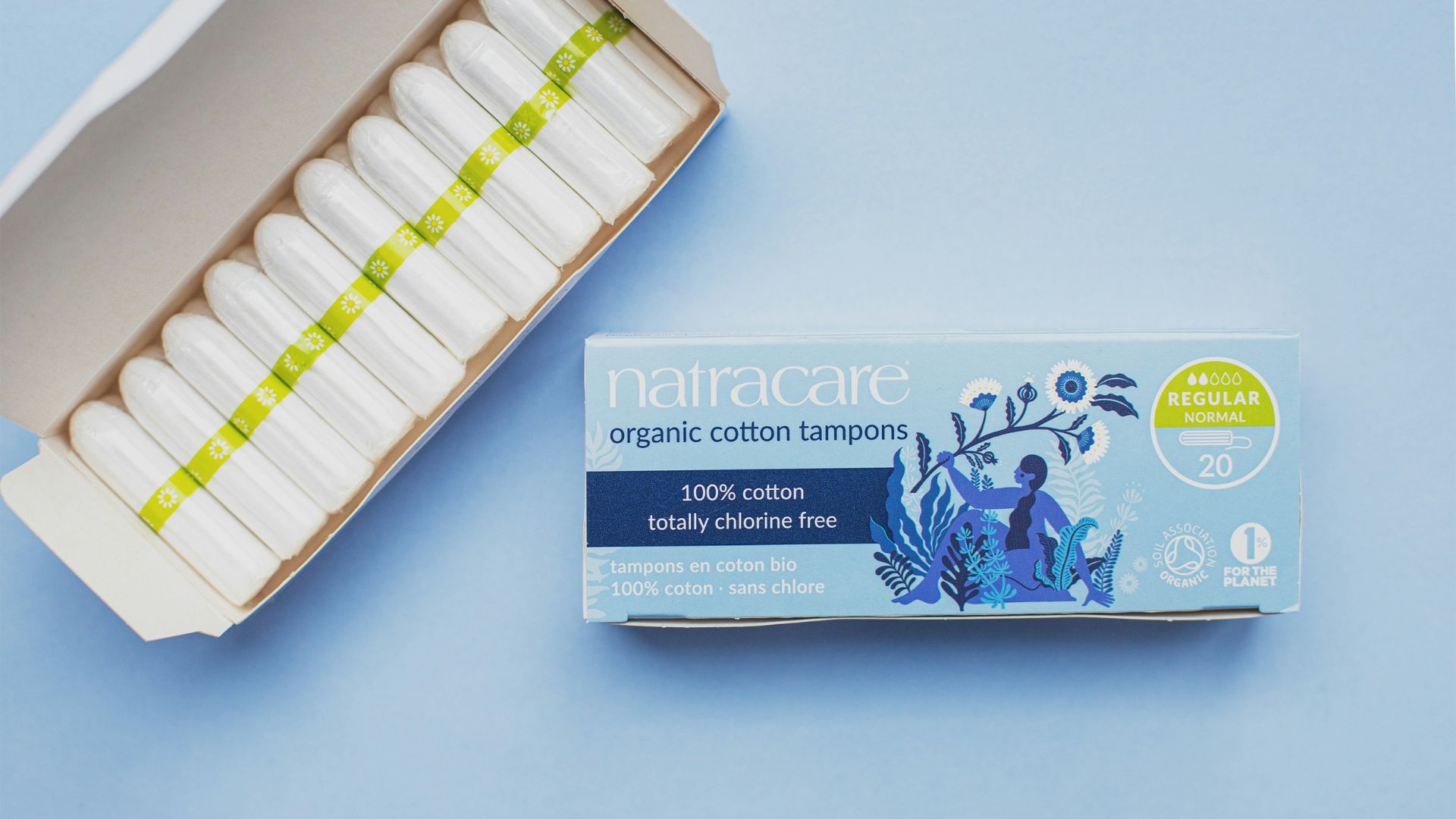
Another worrying piece of information that the researchers found was that organic cotton tampons tested higher for some metals.
Due to the level of fertilizers prevalent in the soil of organic cotton fields, the chemicals found in these products can be “more abundant.”
History of Chemicals in Feminine Products
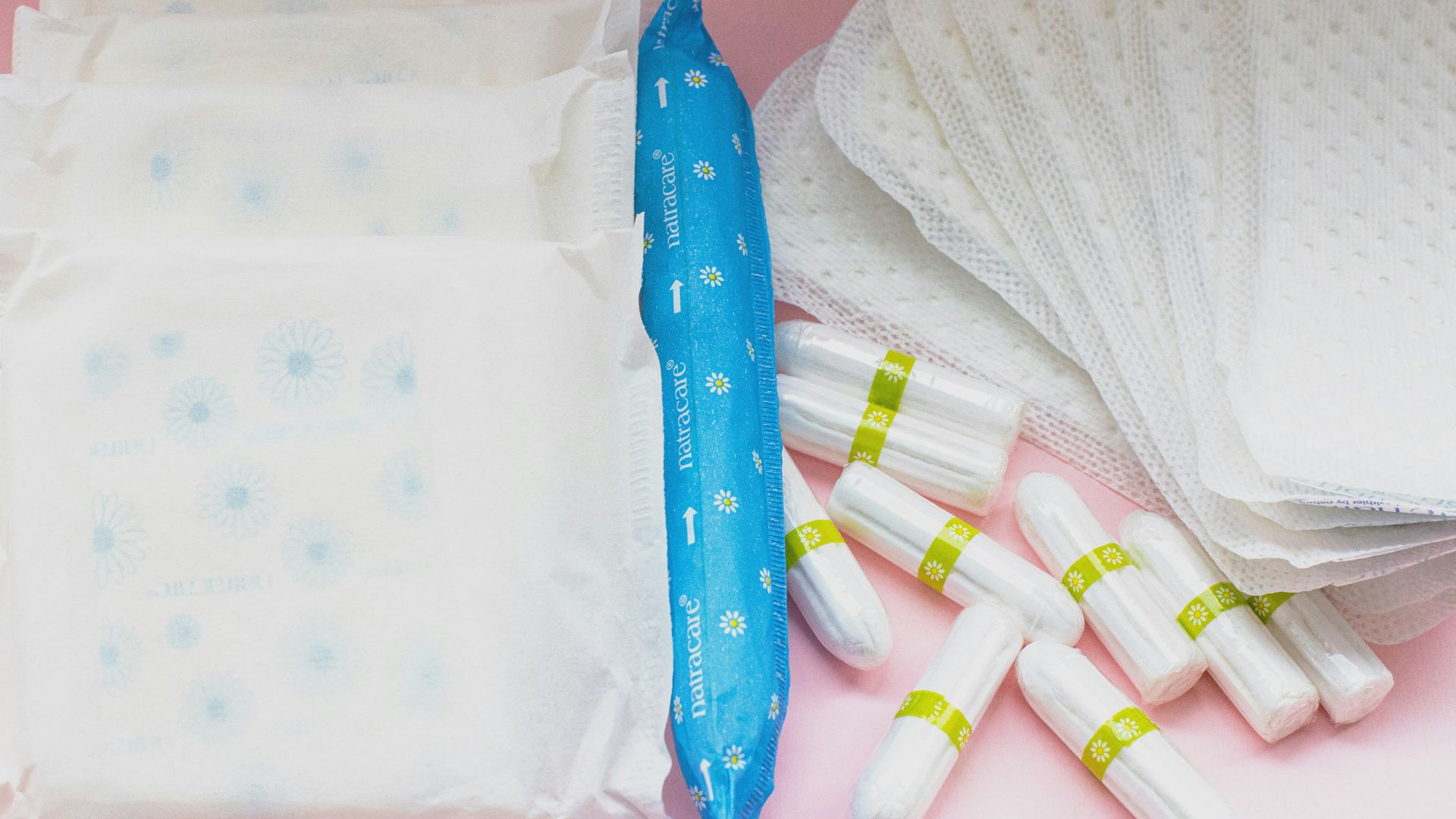
There has been a known history of PFAS chemicals found in feminine hygiene products. Recently, the EPA announced strict regulations on PFAS and other “forever chemicals” linked to high levels of cancer.
Tampons and pads contain high levels of these forever chemicals because they become absorbed by cotton and other natural fibres through soil and water. PFAS, or per and poly-fluoroalkyl substances, have been found in soil and water samples across the globe, making them unrelenting and inescapable.
Other Feminine Hygiene Companies Have Reduced Chemical Content

Although the incidence of PFAS in panty liners, pads, and period underwear was only recently discovered, one global brand has already accepted a settlement and changed its production methods to avoid additional chemicals.
Thinx, a global brand focusing on selling period underwear, had a massive class action lawsuit filed against the company in California, Massachusetts, and New York. After a large settlement was reached, the company’s CEOs agreed to change supplies and take up more preventative measures to avoid the chemicals in their products moving forward.
Minor Limitations of the Study
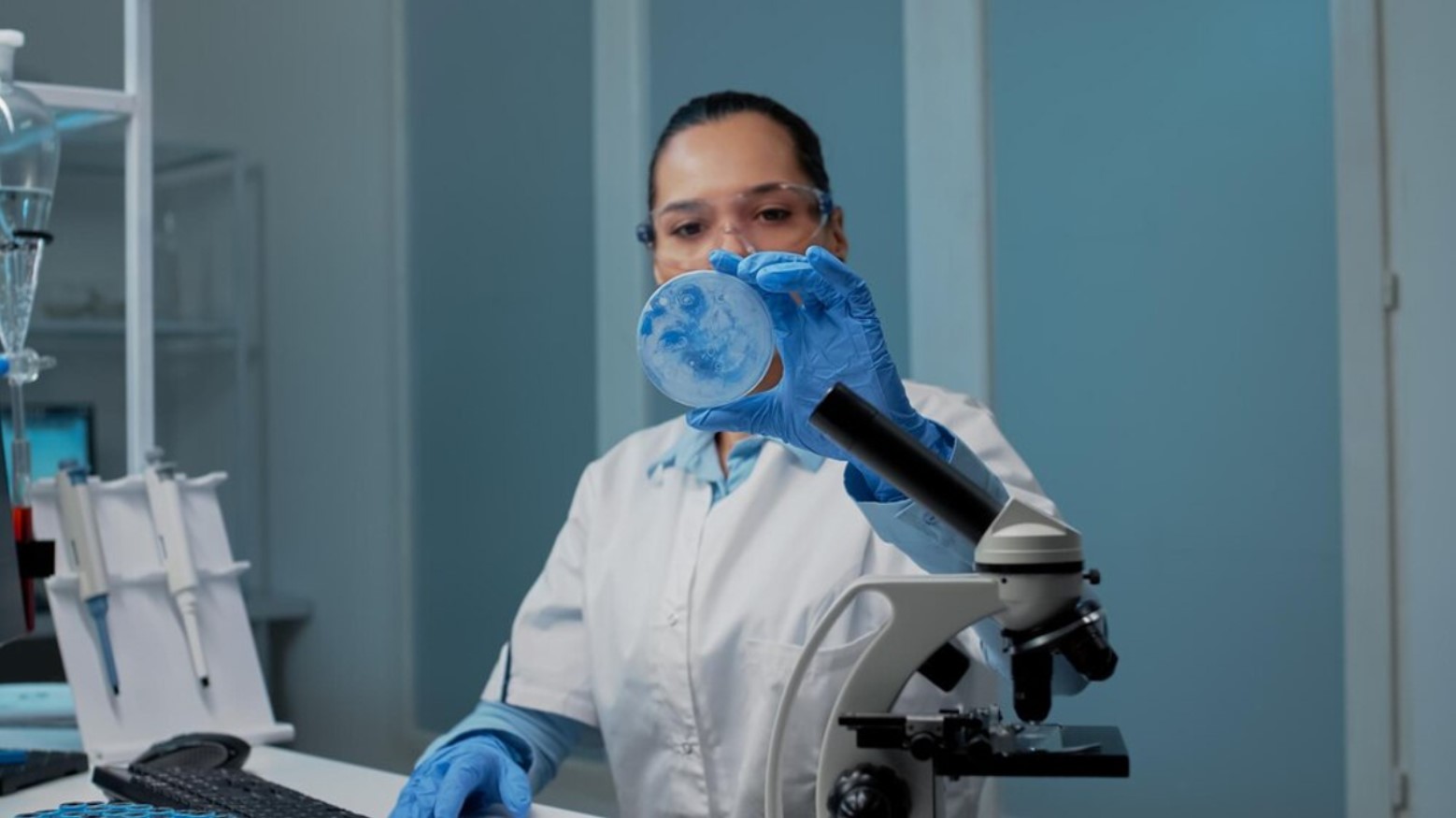
As with most research, the study did have some minor limitations with information they could not deduce.
For instance, the authors note that they could not determine the absorption rate of the metals into the body. This type of study would necessitate a comprehensive medical test with human subjects. Because this piece of information is missing, they were unable to “estimate the health risks (if any) from tampon use.”
More Research Is Needed
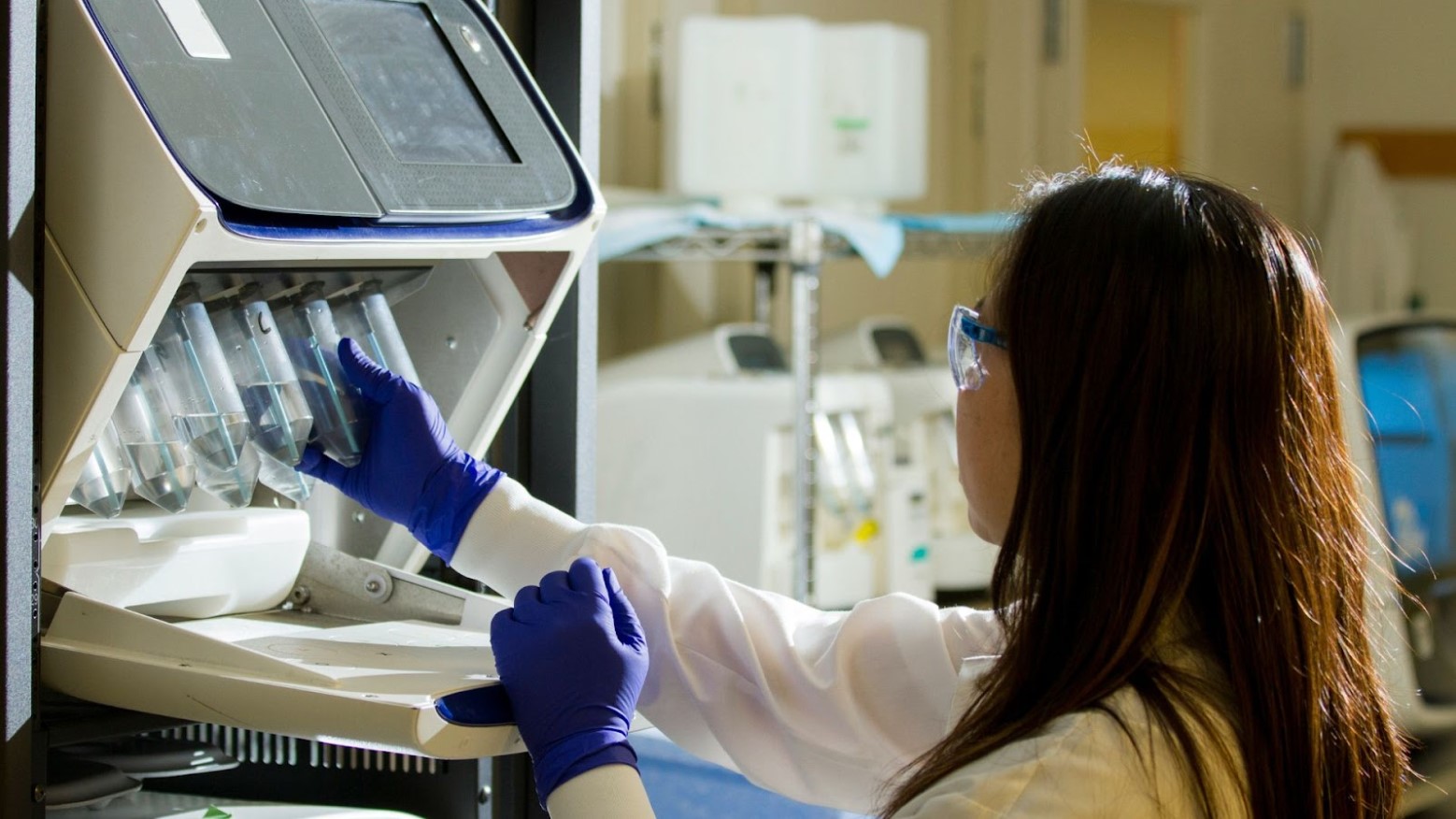
Further research is needed to replicate the findings and determine specific levels of the chemicals between brands.
Consumer awareness is extremely important to keep companies responsible for the products that they sell.
Unclear if Manufacturers Will Perform Independent Testing
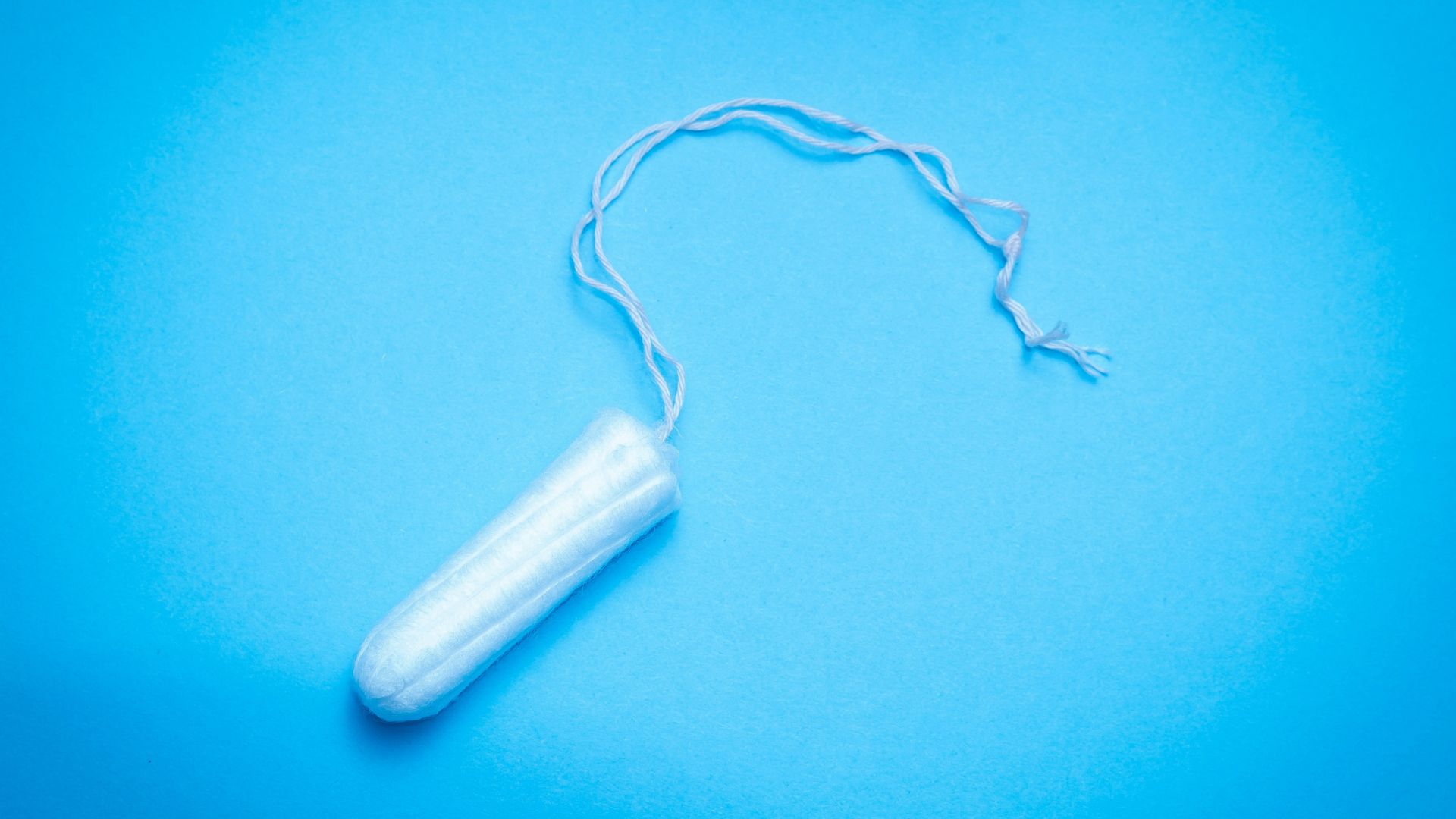
Jenni Shearston, the lead author of the study, said that she “really hopes that manufacturers are required to test their products for metals, especially for toxic metals.”
Moving forward, it’s unclear if the companies at the center of the study will implement their own independent testing or alter their manufacturing process.








































